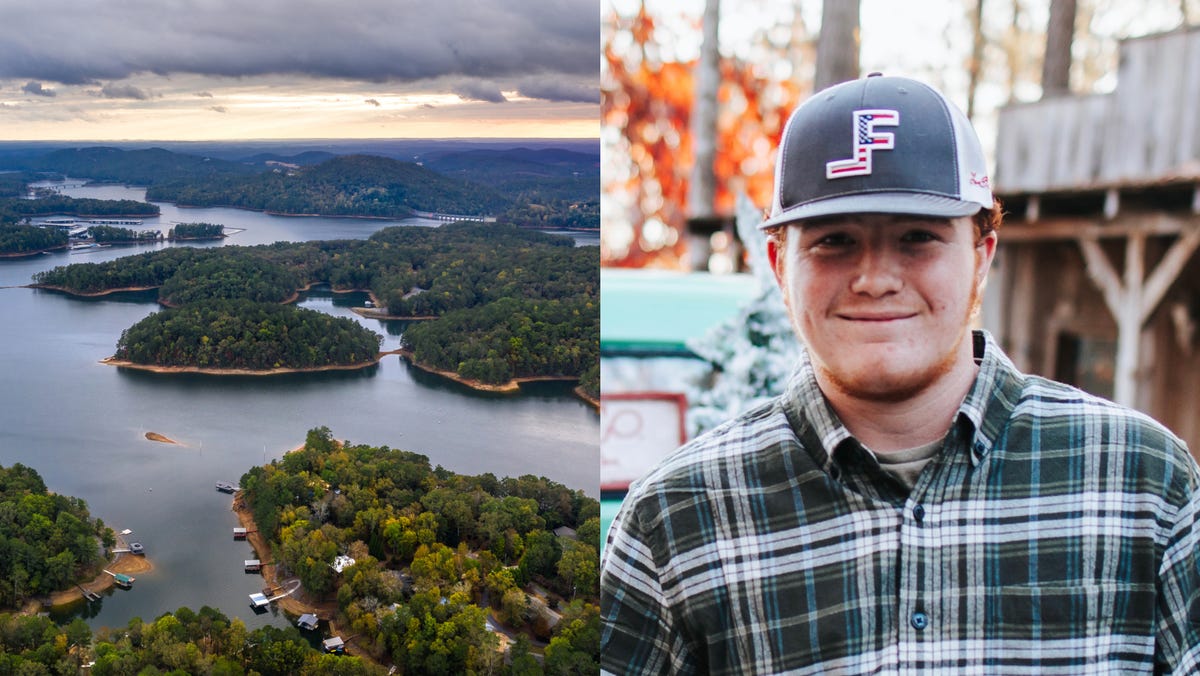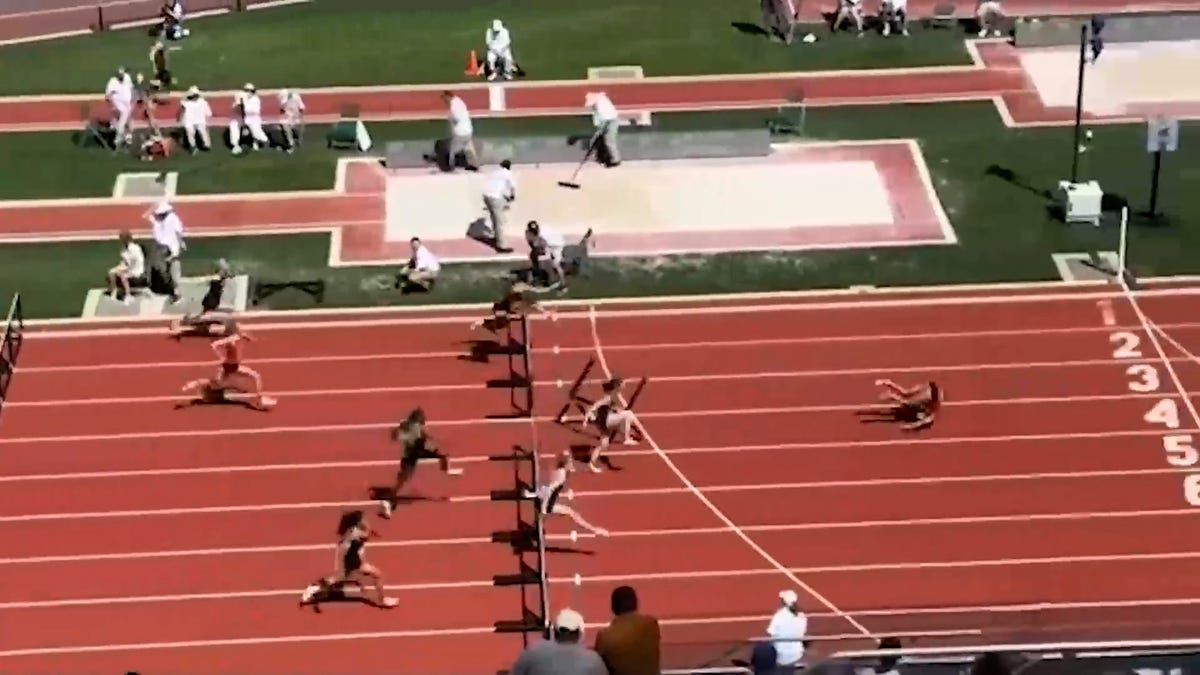The state of Alaska is once again asking the Board of Game to allow wildlife managers to shoot bears from helicopters in a rural part of Southwest Alaska in the interest of increasing caribou numbers.
The board is scheduled to hold a special meeting on July 14 in Anchorage to consider the revised proposal to expand its predator control program east of the Wood-Tikchik State Park from just wolves to include all bears.
The move follows a ping-ponging series of court decisions based less on the program’s merits than on the way it was steered through the public rules-making process back in 2022. Critics, and eventually an Anchorage Superior Court judge, said the management practice was adopted with insufficient public input in a way that denied Alaskans their right to weigh in.
If the Board of Game approves the state proposal, aerial gunning for bears would resume next May and last until early June.
In 2023 and 2024, when the intensive management program around the Mulchatna caribou herd ran its full course, the Department of Fish and Game reported killing 180 bears, almost all of them brown bears.
This March, a judge ruled the program was unlawful.
Fish and Game then quickly went back to the Board of Game and requested an emergency version of the same authorization, which was granted. Weeks later, a different Superior Court judge, Christina Rankin, initially declined to halt to the program, largely on technical grounds, but said it was still not a legal management strategy. Shortly afterwards, the state shot 11 bears in the course of three days.
That led Rankin to issue a restraining order sought by the environmental group that had sued the state to halt the bear program.
The Department of Fish and Game has stood behind its approach, and the current proposal is an attempt to cure the program’s legal deficiencies but otherwise replicate what it carried out in recent seasons.
“Our intent is to do it very efficiently and effectively and, frankly humanely‚” said Ryan Scott, head of the ADF&G’s Division of Wildlife Conservation.
Scott said that while some criticism of the program on scientific and conservation grounds has merit, the division is tasked under Alaska law with managing ungulate populations in ways that maximize their numbers, and emphasized that rural subsistence hunters have had no opportunity to take Mulchatna caribou since 2021.
Though the state does not have reliable recent data on the number of bears in the area, which sits about midway between Bethel and Dillingham, he said the overall environmental impact from the predator control effort is minimal.
“While it’s true we don’t know the densities in that small piece of real estate, there are bears all over the place,” Scott said in a brief interview Thursday. “We are trying to do this very surgically … in a very small amount of time.”
Nicole Schmitt is the executive director of the Alaska Wildlife Alliance, which sued the state to block the bear killing after it came to light in 2023 and is still opposed to the program.
“We’re happy to see that The Board of Game is finally following its own rules by having a meeting with bare minimum public notice, but are disheartened that it took the advocacy of hundreds of Alaskans and two judges to get them to comply with their basic constitutional obligations,” Schmitt wrote in an email.
Schmitt’s group has persistently questioned the scientific basis and methods of the department’s bear program. In its latest proposal, the department does not set any limit on the number of bears it intends to take in the coming years, only that the target bear population is however many it takes to bring the caribou numbers up “to a level that results in increased calf survival and recruitment.”
“They have no way of knowing the impact this program has on bears. I’ve never seen the Board of Game open a no-limit season on moose or caribou because they heard there were a lot of moose and caribou around,” Schmitt wrote. “They’re literally shooting in the dark for a solution to the Mulchatna caribou herd decline, and wasting precious state funds to do it.”
Scott said that compared to 2022, when wildlife managers initially proposed expanding predator control to bears, there’s now a clearer link between bears and caribou calf survival.
“Given the data that we have, predation is limiting the growth of the herd,” Scott said.
The division plans to present additional evidence showing that its predator control efforts are having a positive effect on the Mulchatna herd at the special meeting next month.
If the measure is approved, Fish and Game could keep removing bears from the area through June 2028, although the program could be halted if Mulchatna herd numbers rise to the level where harvest can resume, which the state estimates at 30,000-80,000 animals. The herd is currently estimated at around 15,000.
Written comments on the proposal must be submitted to the Board of Game before 5:30 p.m. on July 14. The special meeting will be held that same day at the Coast Inn in Anchorage, with the potential for a second in-person meeting continuing on into Tuesday to accommodate more testimony.
































